Entry Type: Person
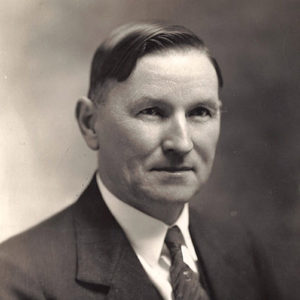 James R. Grant
James R. Grant
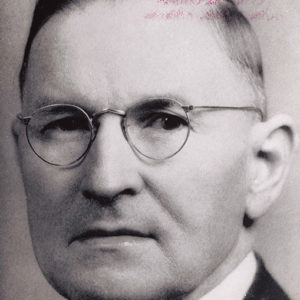 James R. Grant
James R. Grant
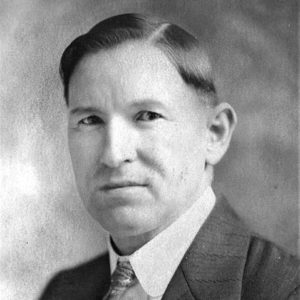 James R. Grant
James R. Grant
Grant, James Richard (J. R.)
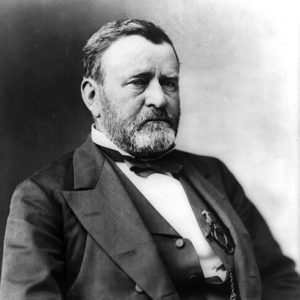 Ulysses S. Grant
Ulysses S. Grant
Graves, Lawrence Preston
 Joe Gray
Joe Gray
Gray, Joseph Ray (Joe)
Green, Al
 Al Green
Al Green
Green, Benjamin William
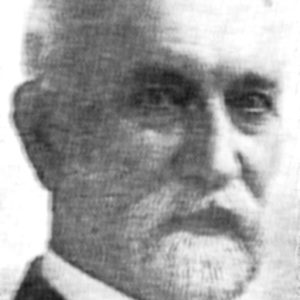 Benjamin William Green
Benjamin William Green
 Carolyn Jean Green
Carolyn Jean Green
Green, Carolyn Jean
 David Gordon Green
David Gordon Green
Green, David Gordon
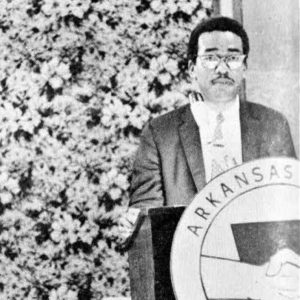 Ernest Green
Ernest Green
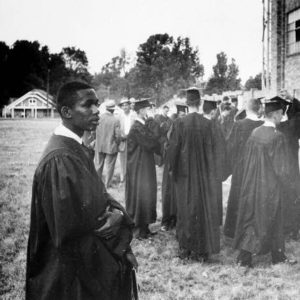 Ernest Green
Ernest Green
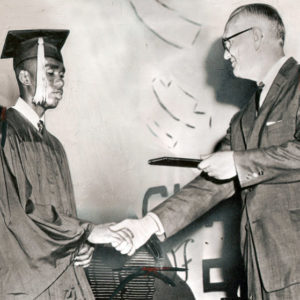 Ernest Green Receives Diploma
Ernest Green Receives Diploma
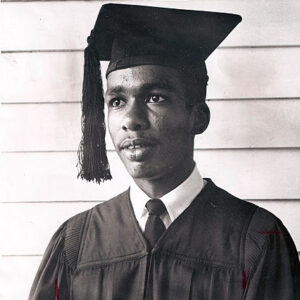 Ernest Green
Ernest Green
Green, Ernest Gideon
Green, Marlon DeWitt
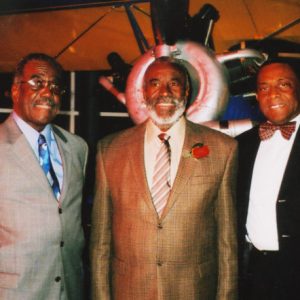 Marlon Green
Marlon Green
Green, Mary Beth Caldwell
Green, Roy Calvin
Green, Steve
 Thomas Green
Thomas Green
 Paul Greenberg
Paul Greenberg
Greenberg, Paul
Greene, Bette Evensky
 Bette Greene
Bette Greene
 Jim Hines and Charles Greene
Jim Hines and Charles Greene
Greene, Charles Edward
Greene, Colton
Greenhaw, Karl
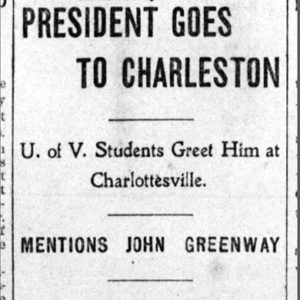 Greenway Rough Riders Mention
Greenway Rough Riders Mention
Greenway, John Campbell
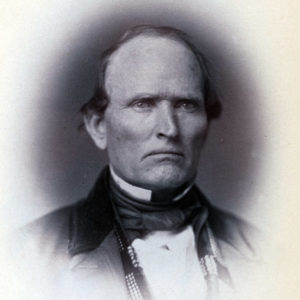 Alfred Greenwood
Alfred Greenwood
Greenwood, Alfred Burton
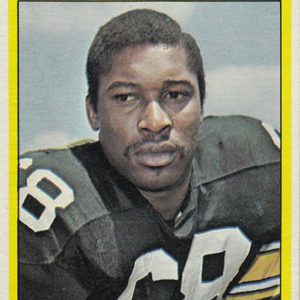 L. C. Greenwood Card
L. C. Greenwood Card
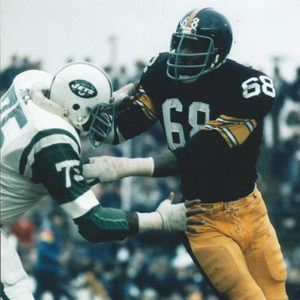 L. C. Greenwood
L. C. Greenwood
 Stuart Greer
Stuart Greer
Greer, Stuart
Greer, William Ezra
Greeson, Martin White
Gregg, Lafayette
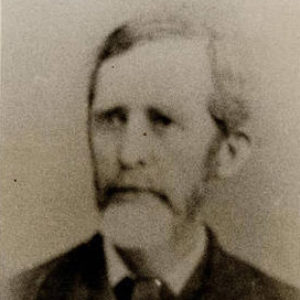 Lafayette Gregg
Lafayette Gregg
Gregory, Dick (Arrest of)
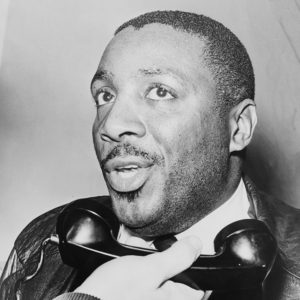 Dick Gregory
Dick Gregory




